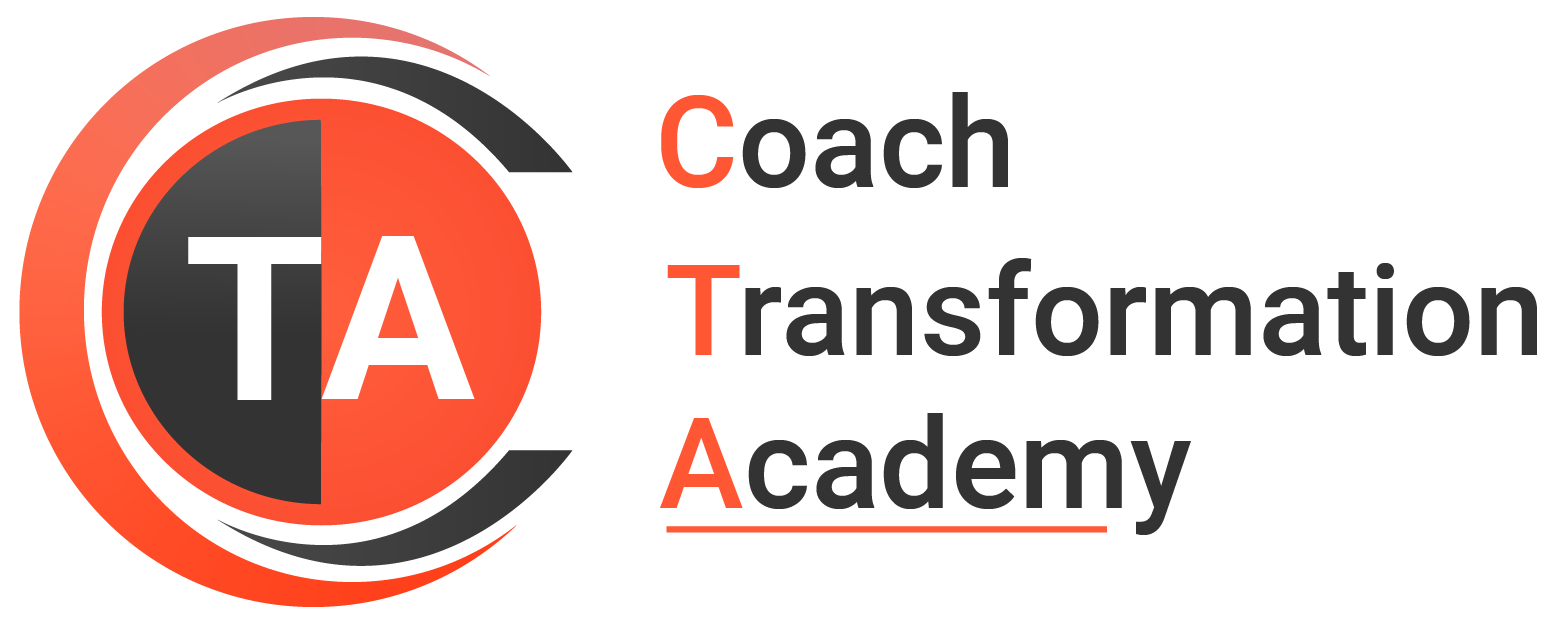Over the past decade, coaching has evolved into one of the fastest-growing industries globally, with a consistently high demand for certified professionals at the moment. The number of coaches has significantly risen, and many continue to step up their career graphs by enrolling in coaching certification programs. This blog will offer insight into the correct process of choosing a coach training program, highlighting all those aspects one should avoid in a course.
What do they teach in coaching certification programs?
It is a common query for any aspirant who has just started to look at different coaching courses. Let’s give you a brief overview! Coaching is still an unregulated domain. Nevertheless, these courses are designed to provide all coaching aspirants with an outline of what they should and should not do as a coach when interacting with a client during coaching sessions.
You will learn the core competencies of coaching and the Code of Conduct. Besides, the courses also acquaint the candidates with the coaching tools and techniques to drive desired results from a session. The courses are accredited by international organizations like ICF (International Coaching Federation) and EMCC (European Coaching and Mentoring Council), which uphold the integrity of the practice.
Red Flags of Coaching Certification Programs
Can I enroll in any coaching certification program? Another usual query made by aspirants when they are just starting their search. The answer is no! Not all courses will favor your educational and professional journey into the coaching world. To help you choose the best course, we have flagged a few concerns regarding the training program for coaches that you must avoid.
No accreditations
If it has no accreditation, it is not worth your time. ICF, EMCC, and similar organizations offer accreditations. They set the precedence of the coaching practice and conduct. Since it is still an unregulated sector, these organizations set ground rules for the practitioners to follow. The accreditations are proof that you are learning the appropriate and acceptable techniques. Additionally, it also makes it easier for one to add more credibility to the profile and pave the way for future credentials.
No modules or course outlines
When searching for a training program, ask for a brief course outline detailing what it would entail. That way, you know what you can expect from the course. There should be mention of the coach-specific training hours, the accreditations, mentoring hours (10 hours minimum), course contents, mode of learning, and similar details.
Testimonial Quality
Sometimes, testimonials are the best places to look at what happens during and after the training. You must take reviews or testimonials into consideration when seeking a training program. It gives you enough idea about the quality of the institute.
Short courses with Big Certifications
Accredited courses have a definite duration because they cover coach-specific training hours. If the coach training course claims to offer ICF ACC level certification with four hours of learning, don’t go for it. There are high chances of you getting duped.
Free Offers
There are no free training courses in coaching. If someone claims free offers or ones too good to be true, it is because they are. Refrain from entertaining such schemes.
Get started with Coaching Certification
Are you interested in coaching certification programs to start your professional career? Reach out to the Coach Transformation Academy for ICF-accredited courses designed level-wise. These are updated programs, as per ICF regulations, imparting the core coaching competencies and the ethical conduct of the profession to aspirants.
The institute is one of the most trusted training centers, with a global reach, offering online and offline classes conducted by credentialed coaches. No matter where in the world you are settled, CTA’s online flexible training modules make it easier to learn the nitty-gritty of the coaching profession.







